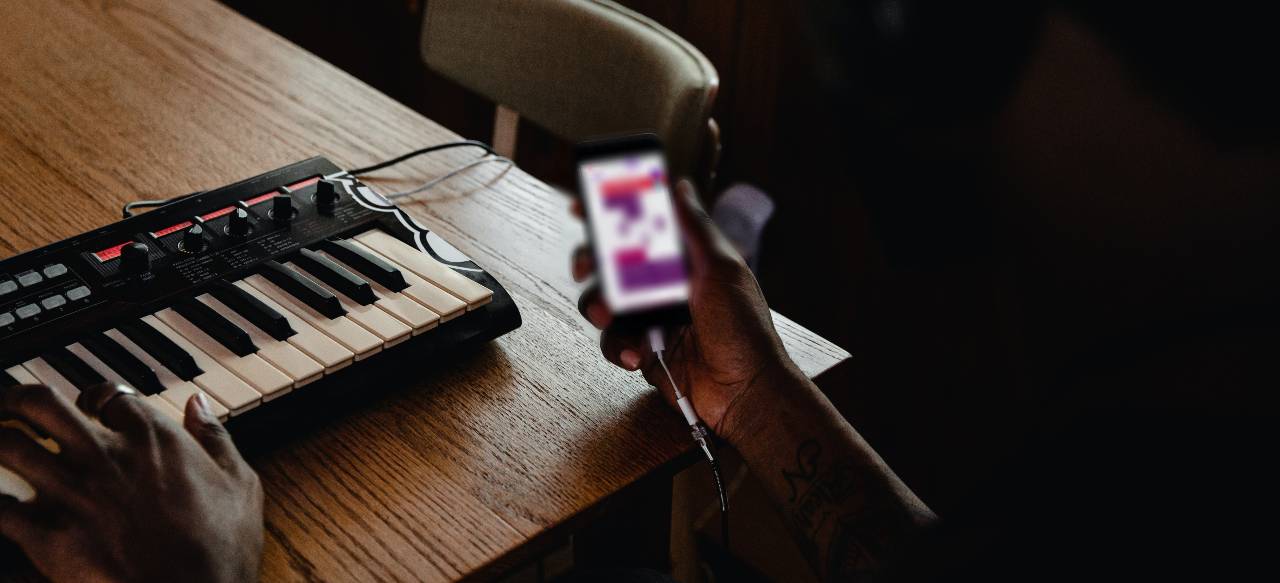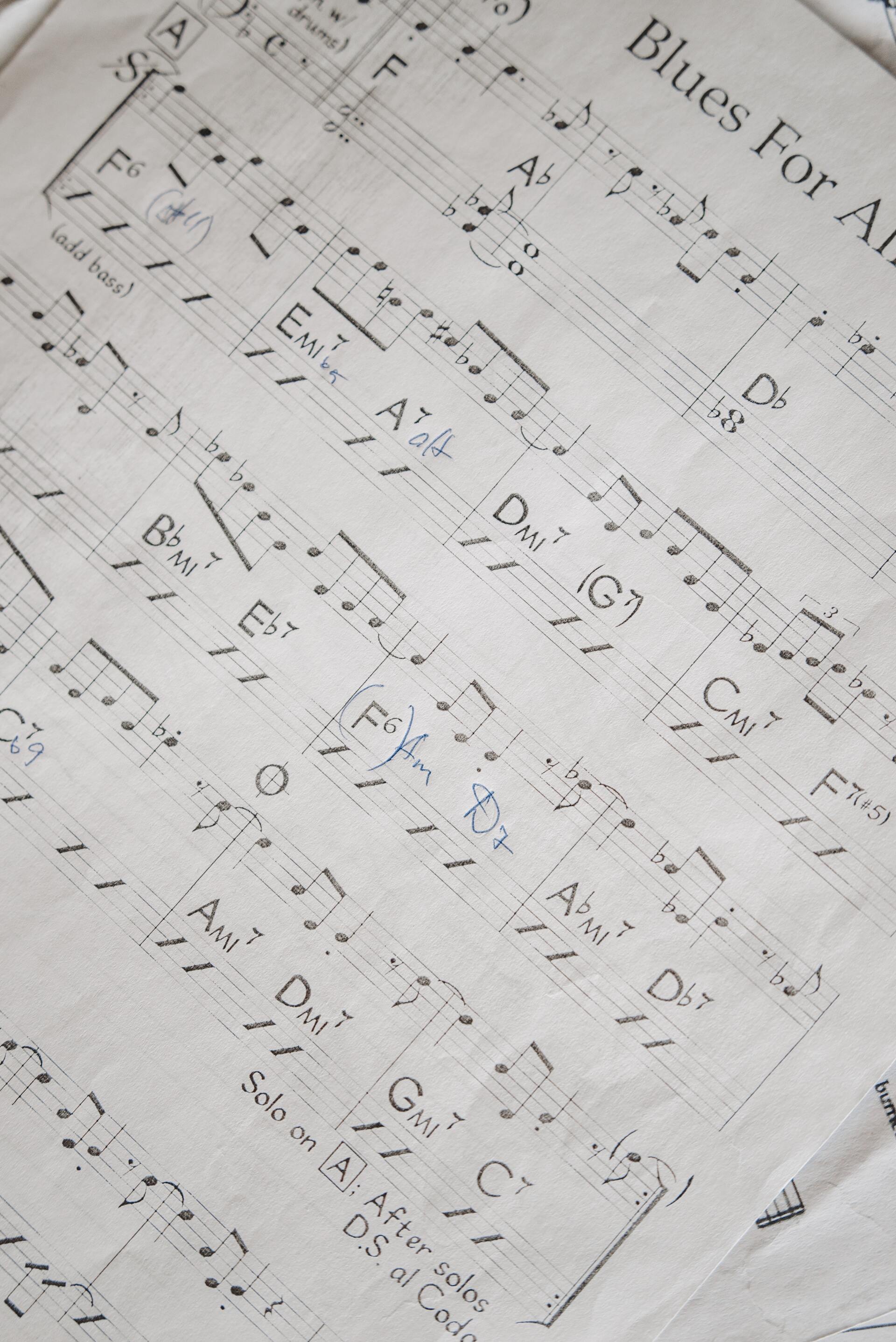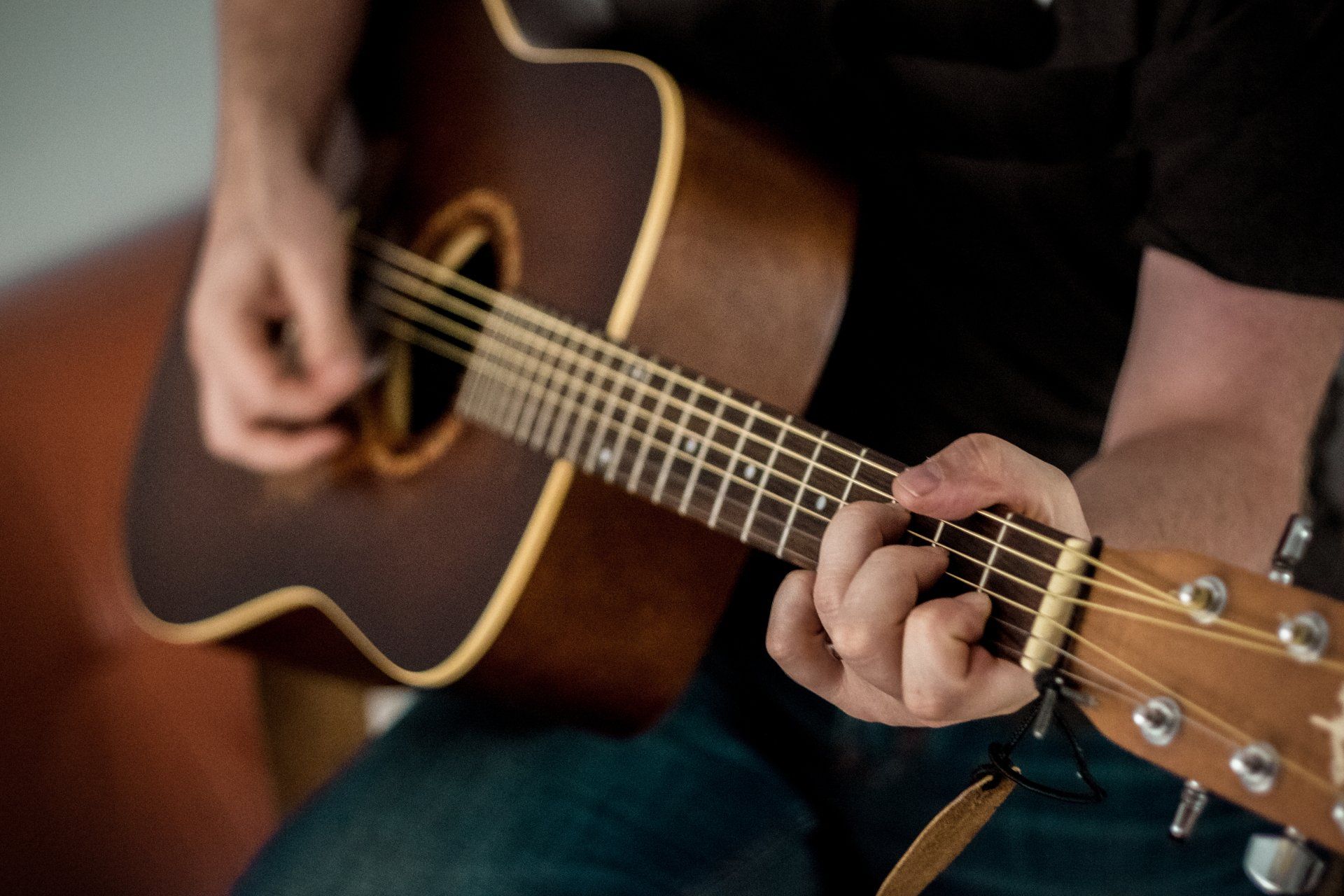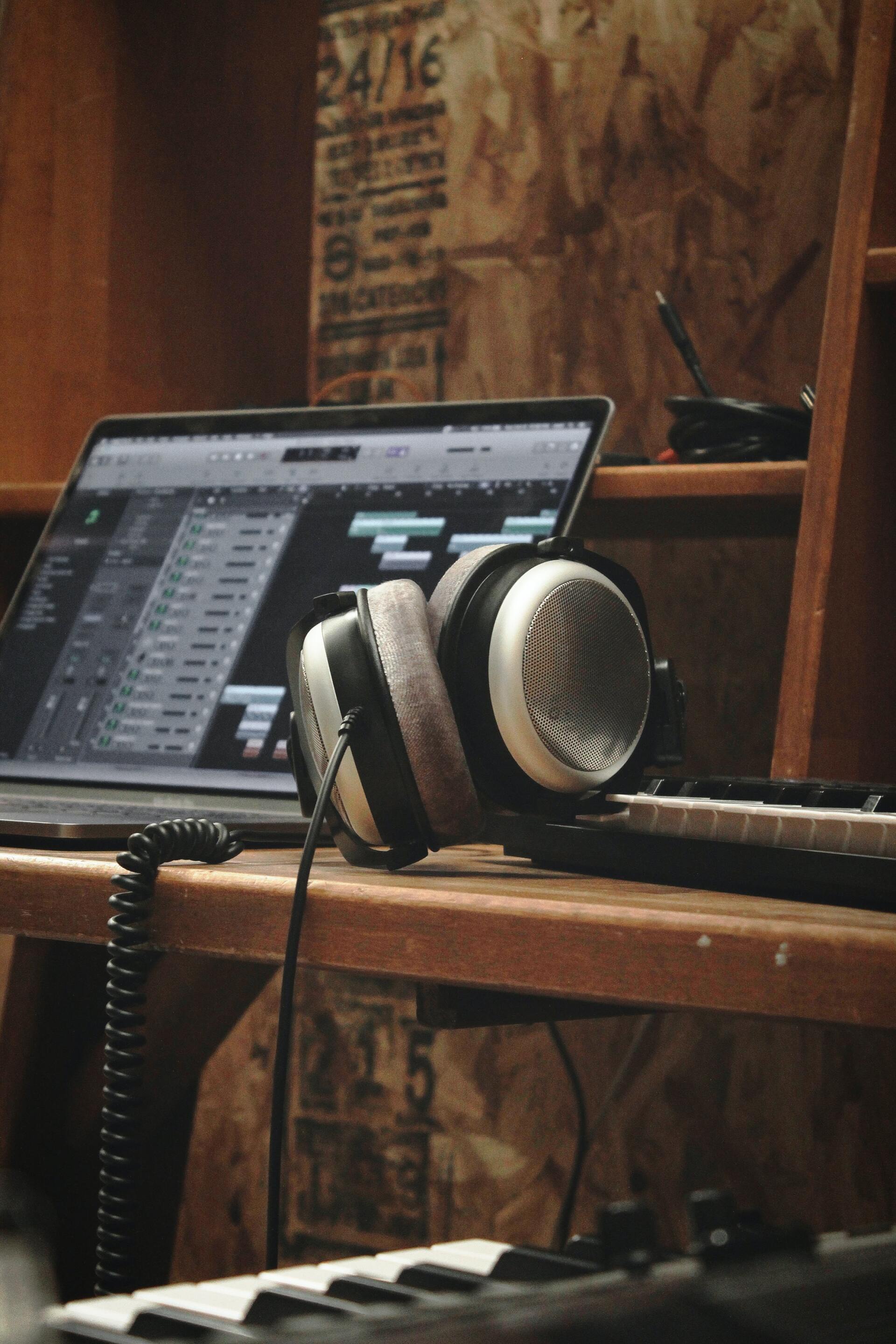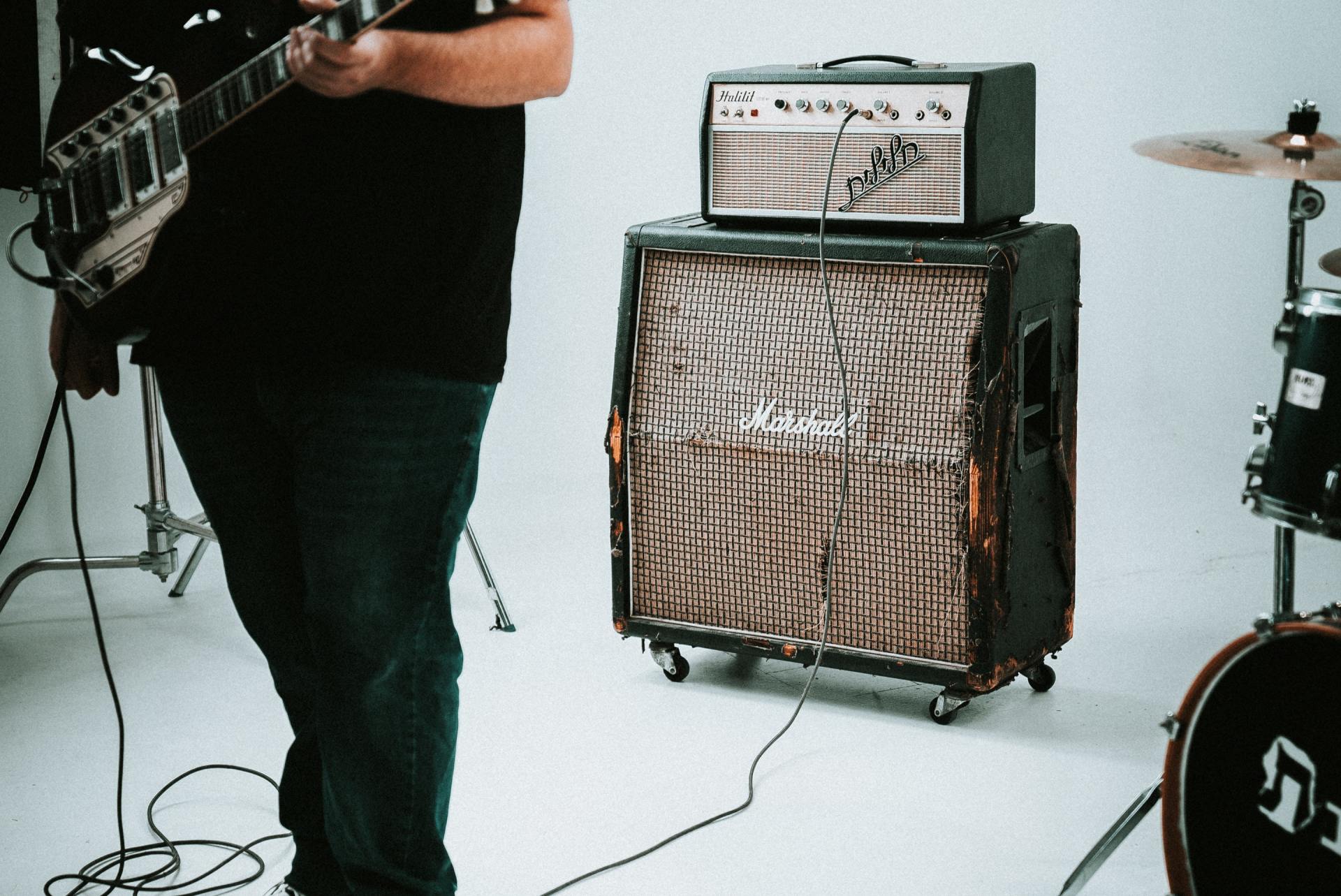How to Prepare for a Recording Session: 5 Steps to Effortless Virtuosity
For those who keep an office job, you’ll probably have sat through various meetings about time management and productivity, so you’ll be familiar with many planning and organization tips. Though musicians aren’t famously known for their business savvy, anyone looking for how to prepare for a recording session might benefit from a little touch of this workplace formality.
Taking the recording studio seriously requires a good amount of preparation, but the rewards are huge! There’s no need to sacrifice fun for efficiency, as you’ll find you can happily preserve the pair. You can turn a simple recording session into a well-oiled, fine-tuned masterpiece through clever checks and an open outlook.
1. Get all Business with your Music
Because of the creative, spontaneous nature of the industry – the passion and raw expression that musicians pour into the work – recording sessions are rarely planned as thoroughly as they perhaps should be. Whilst, no one is looking for a twelve-page analysis, thinking of studio sessions in a business sense can help you stay focused, and take the music a little more seriously.
Sitting down and drafting up a solid schedule with clear aims is the key to success. Firstly, and most obviously, ask yourself what you will actually do in the studio. Is it pre-production? Are you song-writing? How many tracks do you want to get? From these concerns, establish an explicit, defined target that can be understood by both artist and producer.
You could create a priority checklist so that the most important tasks get done first. It’s devilishly easy for time to get away from us, so you can think of these targets as either critical – “We must finish the bass parts today” – or desirable – “If we have time, we’ll see if saxophone works for the middle 8” – so you don’t get a massive headache worrying about everything all at once.
A comprehensive planning phase is even more essential with larger projects, where costs quickly mount. In such cases, you need to strongly consider budget, as this magic number determines the kind of sessions you get, the quality of leased equipment, the hours an engineer can dedicate, and perhaps even the skill of the individuals involved.
The fact that every hour carries a big cost can work in your favor; it acts as an incentive to maximize efficiency, which in turn saves money. Identify your specific critical and desirable goals for each session, else you can rapidly lose an entire session daydreaming, and with it a lot of coins, too. Always budget for one or two extra sessions as you’ll likely underestimate the time required, or face a few unforeseen obstacles.
In a nutshell: Run your music like a business. Clearly define and communicate your aims to keep all involved on track and able to work to clear parameters during every session
2. Prepare like the Apocalypse
Even after the briefest experience recording music, one comes to realize the importance of good preparation. It’s not exclusive to music, at all; being organized and well-equipped produces better results in any situation. While artists will naturally lay the most emphasis on practicing the songs, there’s a plethora of prep that you need to enact for a stellar studio session.
Musicians absolutely need to master the music, but some other general preparations should also be made. They’re really just standard practices for being professional and productive, so many are intuitive. In our case, let’s break it down a little.
What you should do
- Keep all project members informed of updates
- Master the music before you get to the studio
- Practice with a click-track (especially bands)
- Consult with the studio about their available gear and resources
- Arrive on time, fresh-faced and spritely
- Ensure you’re well-fed and rested
- Try to get into a positive, open-minded state
What you should bring
- A written outline/plan for the session (paper or digital)
- Reliable, working instruments (multiple allows for choice)
- Spare parts (strings & skins)
- Hardware (leads, pedals, adapters, tools)
- Lyrics, sheet music, and tabs for everything on the agenda
- Any audio files you plan to use (via e-mail or physical drive)
- Healthy, high-energy snacks and a lot of fluids
- Anything that helps you get comfortable and in the best mindset
Turning up on time with this level of organization will make things go significantly faster, leaving you a little amazed at how much you can get done when you’ve accounted for everything beforehand. Not having the exact pieces of kit you need can waste hours, having a knock-on effect on a team’s motivation and mood. Even the apple that stops you from getting grouchy makes a profound difference, so prepare as best as you can in all ways.
In a nutshell: prepare in as many ways as possible to put yourself in the best position of efficiency and productivity
3. Practice is for Home, Performance is for Studio
There’s a huge expanse of words to describe working in a studio, but cheap definitely isn’t one of them. Sadly, countless artists waste their precious time and money by coming to the studio in practice mode. It’s a brilliant way to kill all of your momentum if you are crazy enough to want that. Every note should feel natural by the time you’re in the studio. The more proficient and familiar you are with a track, the faster you can record it, freeing up some time for some impulsive, experimental jamming... you know, the fun bit!
When you’re practicing at home, you may not wear headphones, and most probably don’t have a click-track playing incessantly. Consequently, when you get to the studio, you get thrown off a little bit. Hence the need to get used to the click-track before you go anywhere near the sound desk.
Recording with a click-track, or metronome, eliminates tempo fluctuations, allowing you to easily overdub and more freely mix parts of a track. In many cases, each instrument will get its own individual tracking session, making a click track even more vital.
Of course, improvisation is distinct from practice, so it’s still a good use of time in a recording session. Capturing a new riff or fill on the fly is truly exhilarating, but watching your lead guitarist fluff their solo four times is closer to painful. Having sporadic bursts of free-playing between takes can keep the group from going insane, but remember that a recording session should feel like work, because it is work.
In a nutshell: master the music then practice thoroughly under the same headphone and click-track conditions you’ll get at the studio. Leave room for improvisation if things start to feel uninspiring and regimented
4. Quality Gear makes Quality Music
When recording, you’re on the clock, so any problem you encounter with your instruments or equipment makes a huge impact. Sort your gear out, ensuring everything plays well and components all work with one another. If you don’t spend time on this, it’ll be the engineer who has to, with you paying for the service.
There’s a big difference between quality and usable equipment, so bring the best tools you have. Consulting with the studio is advantageous because you can find out the exact equipment available for hire, or negotiate some included as part of the larger agreement. Even the slightest warping of untended instruments can result in some questionable tuning and harmonics, which will be magnified tenfold on a highly-produced track.
Some guitarists consciously maintain old strings to create a certain timbre, but the general rule is to whack on a fresh set. Just like a gig, you should be bringing sufficient spares and tools that keep you going through the session if you have an issue.
It’s also quite fun to have some choice, too, which you can do by bringing multiple instruments or plenty of effects and amps for particular styles of sound. If your good friend has an expensive gem that they’ll let you borrow, be sure to grab it. The more equipment you arm yourself with, the more potential you have in the studio!
In a nutshell: source the best, most reliable gear and instruments, with plenty of provisions for fixing them if they go wrong. Don’t be shy when borrowing equipment from mates or studio
5. Make Sure your Voice is Heard
You’re spending a lot of energy and finance on the privilege of a dedicated, professional production. The role of the engineers and assistants is to accommodate your ideal, aiding you in creating a fantastic track that shows the best of what you can do. Therefore, if there’s anything that is causing you grief – no matter how small – you need to bring it up.
If you want the lights adjusted, if the room feels a little cold, or if you aren’t happy with the way equipment has been arranged, tell the studio what your optimal environment is and expect those standards ready for the next session. In terms of personnel, make sure the engineer or producer matches your style and works well with you.
Being complacent and totally silent about concerns doesn’t help anyone, and it can actually confuse the people you’re working with. However, you’ll quickly irritate everyone around if you suddenly become an outright diva, so a little caution is advised. Find the brilliant middle-ground of firm yet fair.
There are lots of variables (budget, circumstance, clientele, ideology, etc.) that affect how a studio feels and operates, so there will inevitably be a lot of compromise between the two parties. Just remember that the whole reason you’re there is to make an awesome song with what you’ve got.
In a nutshell: Speak up when something is suboptimal, leaving your ego at the door. You’re paying for a service, so make sure everything suits you and feels right.
Conclusion
If you’ve decided you require professional studio production, remember the main aim of creating the best possible result, which you cannot achieve on your own. This process doesn’t begin once you arrive for the session, but much, much earlier. Only through adequate preparation, diligent practice, and a fun, collaborative spirit can you maximize your time in the recording room.
It’s a team effort, so it’s best to foster a supportive environment that brings out the best in everyone involved. Use every tool at your disposal, being receptive to the expert guidance of the techies while staying true to your vision. Do all of these things and you’ll surely have something remarkable to show for it!
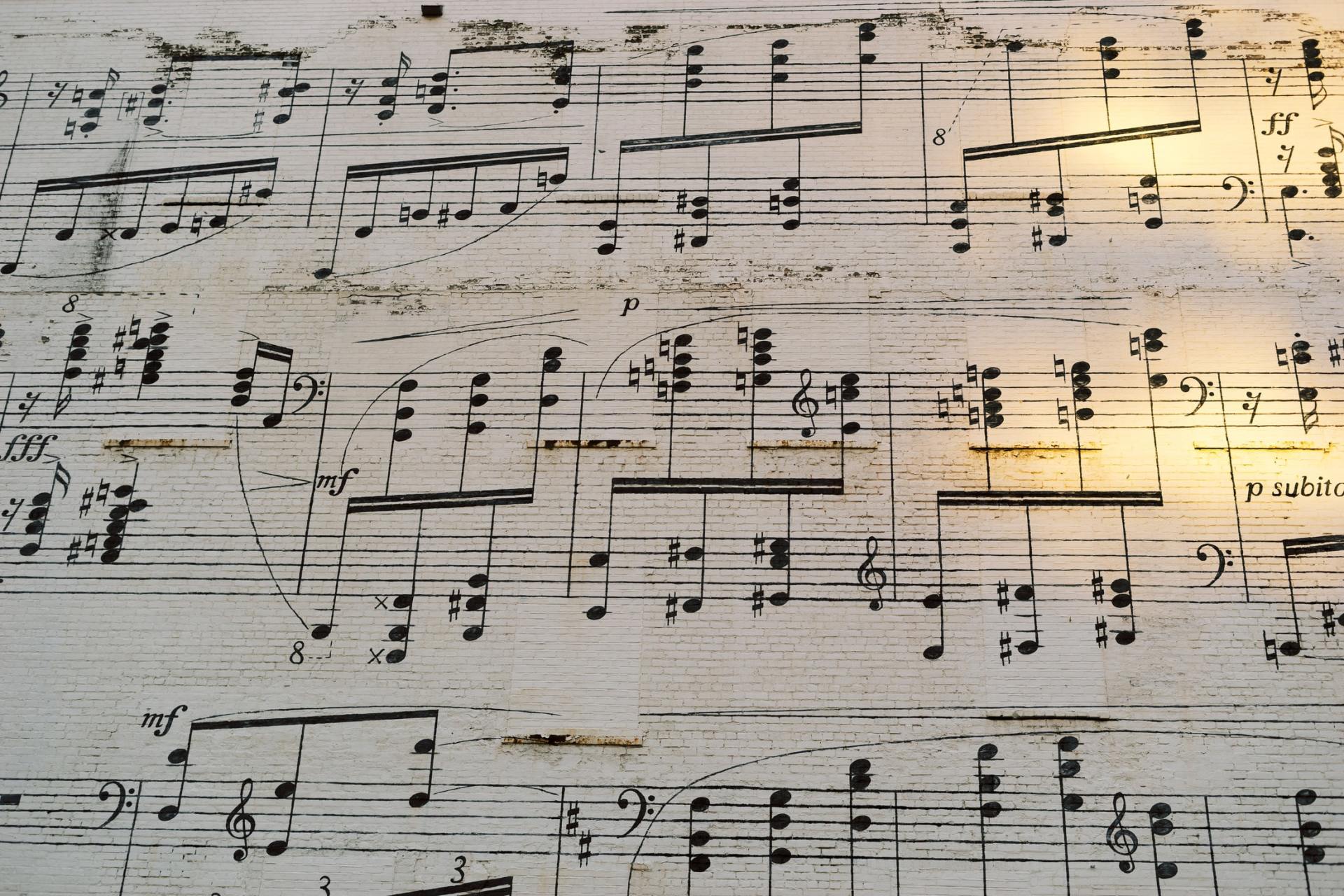
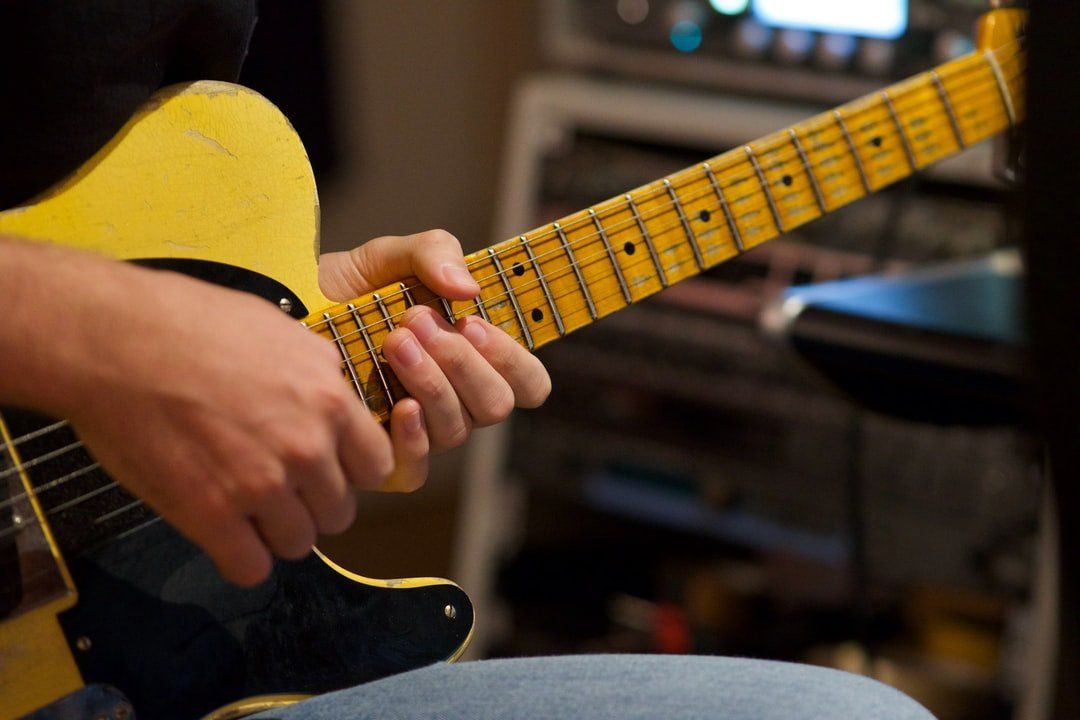
Chordsheet Maker - by Dave Bernier



